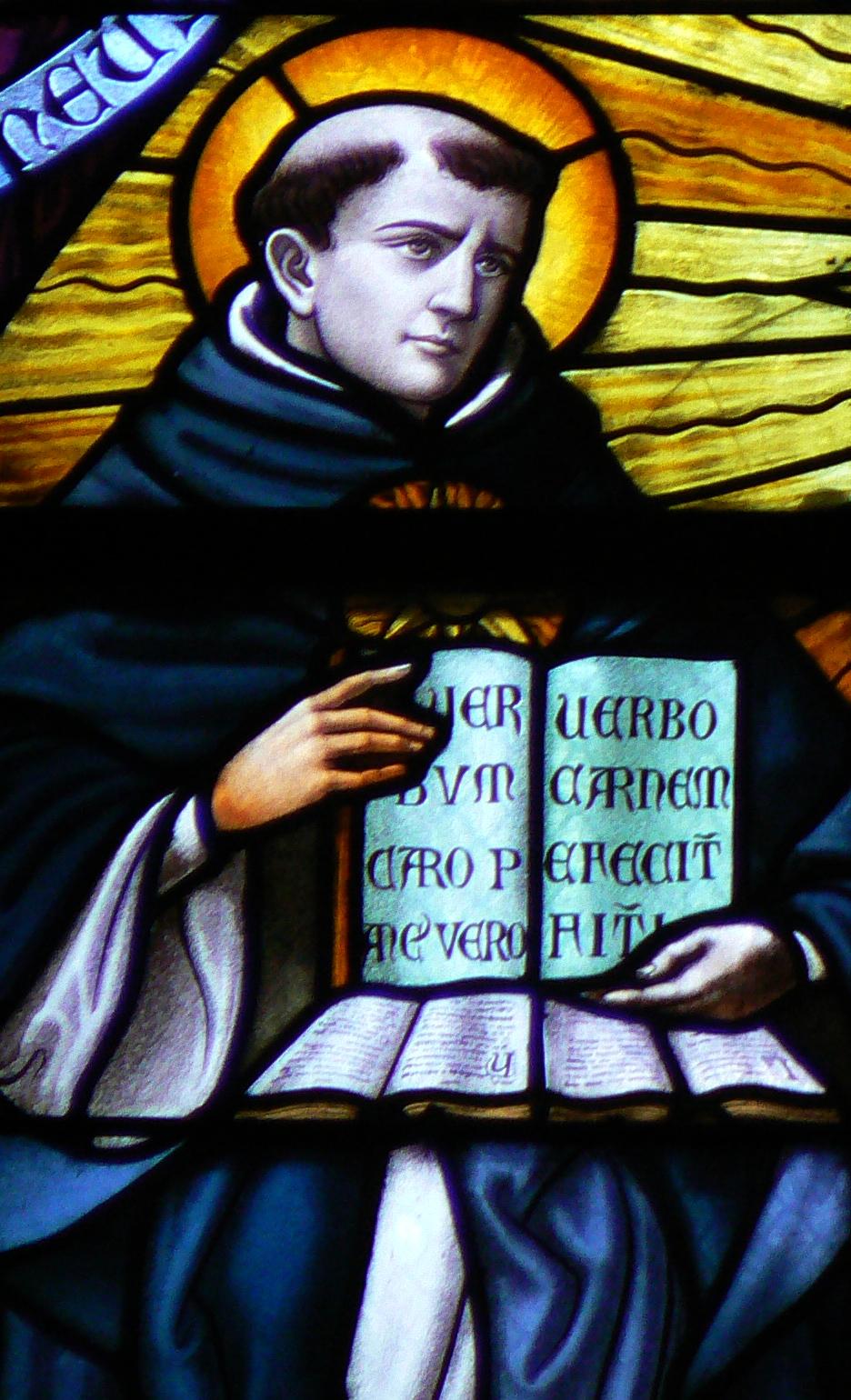The late Pope John Paul II was considered a conservative in his approach to Catholic teachings. Yet his 1991 encyclical Centesimus Annus abhors "the senseless destruction of the natural environment" and the fact that man "can make arbitrary use of the earth, subjecting it without restraint to his will, as though it did not have its own requisites and a prior God-given purpose, which man can indeed develop but must not betray." I take this as prime evidence that environmentalism can be entirely consistent with conservative Catholic faith.
What has become of our (in John Paul II's words from the encyclical) "wonder in the presence of being and of the beauty which enables one to see in visible things the message of the invisible God who created them"? One answer to that question lies at the heart of the argument made by the Thomas Berry, an ordained Passionist monk who died at age 94 in 2009, in such books as The Dream of the Earth. I have talked at length about this book by Berry in my The Dream of the Earth series of posts. Herein I'll look at the roots of Berry's thought in the Summa Theologica of St. Thomas Aquinas, written 1265–1274.
Berry writes:
This [awareness that the present economic system is too devastating to the natural fruitfulness of the earth to long supply human needs] is not a socialism on the national scale, nor is it an international socialism, it is a planetary socialism. It is a socialism based on the Summa Theologica of Saint Thomas, wherein he deals with the diversity of creatures. Beyond planetary socialism he proposes an ultimate universal socialism where he says that because the divine goodness "could not be adequately represented by one creature alone, he produced many and diverse creatures, and what was wanting in one in the representation of divine goodness might be supplied by another. For goodness, which in God is simple and uniform, in creatures is manifold and divided; and hence the whole universe together participates in divine goodness more perfectly, and represents it better than any single creature whatever." (p. 79)
Berry is referring to the question "Whether the multitude and distinction of things come from God?" that Aquinas takes up, in the First Part of his Summa, in the context of "Question 47. The distinction of things in general." Given that we believe that God is One, how can we reconcile with this belief the idea that the One God created the world (see Genesis chapter 1) as a "multitude and distinction of things"? Add to this the notion that He made one world, not many, and that within this world not all things are created equal and are found to exist across a variable range of "goodness," and you get a theological puzzle.
 |
| St. Thomas Aquinas (1225-1274) |
What, then, is "goodness"? It is whatever points toward the Supreme Good, i.e., God. To St. Thomas Aquinas, according to this discussion of the "good" in The Catholic Encyclopedia — see under "Scholastic Doctrine" — "God, the Supreme Being and the source of all other being is consequently the Supreme Good, and the goodness of creatures results from the diffusion of His goodness." The profusion of living creatures and of nonliving creations — our world's manifest diversity — reflects the "diffusion" of our Creator God's fundamental goodness into this world.
Today's Catholic theology is anchored in that of St. Thomas Aquinas, whom Pope Pius V in 1567 proclaimed a Doctor of the Church. So it is not only acceptable but entirely appropriate for Catholics to honor creation in its entirety — the "less good" creatures as well as the greater — even in the face of accusations of "elevating the Earth above man."

No comments:
Post a Comment